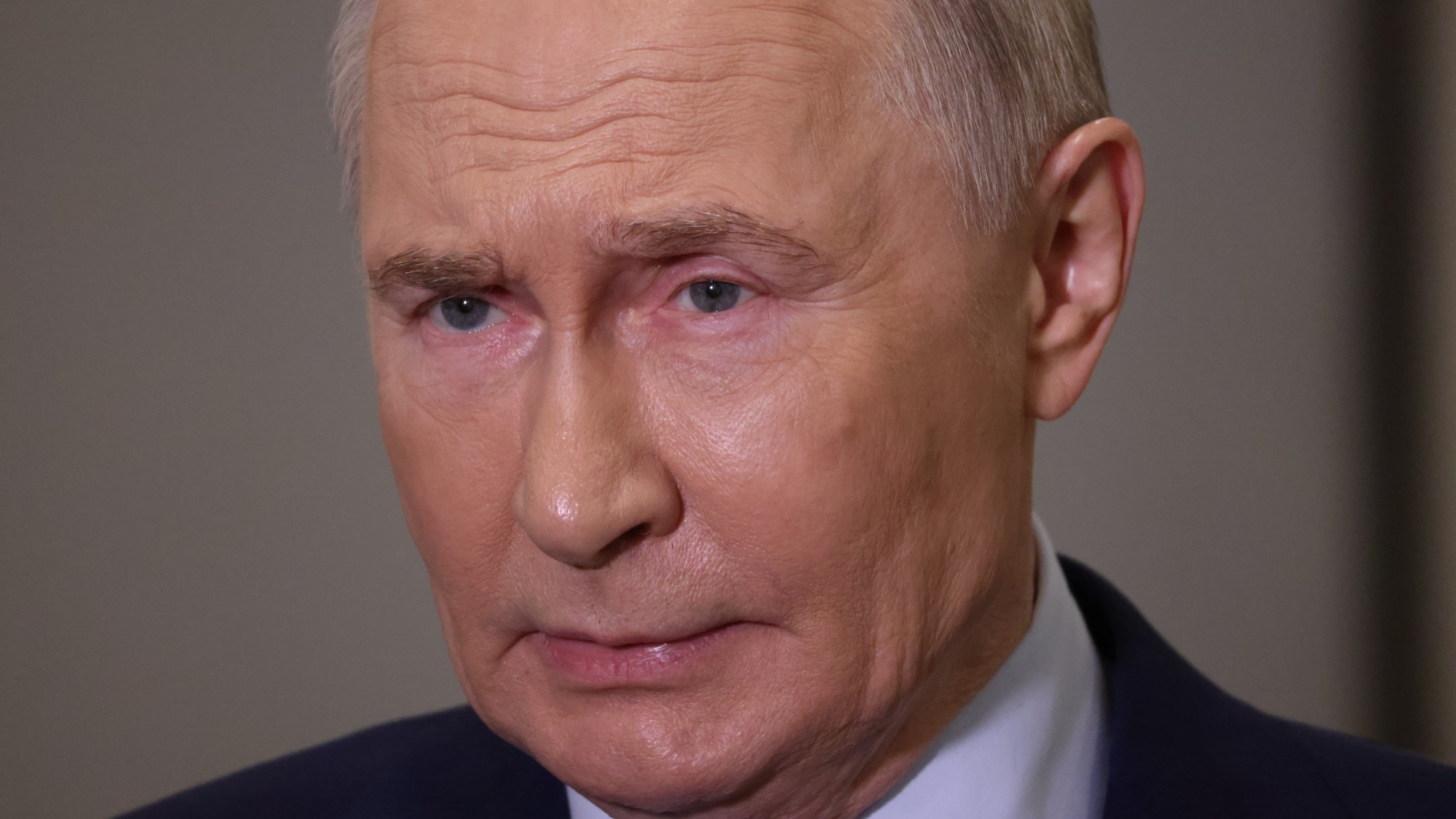Latvia jolted by US probe and arrest of central bank chief
US Treasury accuses Baltic nation’s third-largest bank of money laundering

A free daily email with the biggest news stories of the day – and the best features from TheWeek.com
You are now subscribed
Your newsletter sign-up was successful
Latvia’s financial system has been shaken by the arrest of its central bank chief over bribery allegations amid separate claims that one of the country’s biggest banks may have helped breach North Korean sanctions.
Bloomberg describes the developments as a deepening “crisis” engulfing the Baltic nation’s banking system. The Financial Times says the “dramatic” developments are the latest in a series of crises in Latvia dating back more than a decade.
Ilmars Rimsevics, the Bank of Latvia’s governor and European Central Bank (ECB) representative, was detained over the weekend and then released on bail, the BBC says. Rimsevics denies taking a €100,000 (£88,000) bribe. He has not been formally charged and refused to resign yesterday, claiming that two of the country’s lenders were conspiring against him.
The Week
Escape your echo chamber. Get the facts behind the news, plus analysis from multiple perspectives.

Sign up for The Week's Free Newsletters
From our morning news briefing to a weekly Good News Newsletter, get the best of The Week delivered directly to your inbox.
From our morning news briefing to a weekly Good News Newsletter, get the best of The Week delivered directly to your inbox.
Separately, the US Treasury accused ABLV, Latvia’s third-largest bank, of “institutionalised money laundering”. Investigators say this included allowing clients to conduct business with North Korea-linked parties, some of whom were companies connected to the North’s banned ballistic-missile programme, The Wall Street Journal reports. ABLV denies the accusations.
The ECB froze all payments by ABLV on its liabilities yesterday, after the bank’s liquidity position collapsed in the wake of the US allegations, CNBC reports.
Latvia - a republic of around two million that joined the EU in 2004 - has built itself into a banking centre for citizens from other former Soviet states. The latest scandals will come as a “surprise” to many, as Latvia has seen a regulatory crackdown involving tougher fines and enforcement against the country’s sizeable non-resident banking sector, the FT says.
A free daily email with the biggest news stories of the day – and the best features from TheWeek.com
-
 Political cartoons for February 21
Political cartoons for February 21Cartoons Saturday’s political cartoons include consequences, secrets, and more
-
 Crisis in Cuba: a ‘golden opportunity’ for Washington?
Crisis in Cuba: a ‘golden opportunity’ for Washington?Talking Point The Trump administration is applying the pressure, and with Latin America swinging to the right, Havana is becoming more ‘politically isolated’
-
 5 thoroughly redacted cartoons about Pam Bondi protecting predators
5 thoroughly redacted cartoons about Pam Bondi protecting predatorsCartoons Artists take on the real victim, types of protection, and more
-
 Will latest Russian sanctions finally break Putin’s resolve?
Will latest Russian sanctions finally break Putin’s resolve?Today's Big Question New restrictions have been described as a ‘punch to the gut of Moscow’s war economy’
-
 How potatoes became an 'unusual bellwether' in Russia's economy
How potatoes became an 'unusual bellwether' in Russia's economyUnder The Radar Spud shortages are pointing to a wider crisis in the nation's finances
-
 How North Korea dodges sanctions using wigs and eyelashes
How North Korea dodges sanctions using wigs and eyelashesUnder The Radar Booming trade with China is allowing Pyongyang to use foreign currency to advance its nuclear programme
-
 Do sanctions work?
Do sanctions work?Talking Point Is all this financial punishment doing any good?
-
 British American Tobacco fined for North Korea sanctions breaches
British American Tobacco fined for North Korea sanctions breachesSpeed Read Cigarette giant was accused of indirectly funding Pyongyang’s nuclear weapons programme
-
 How is Russia’s economy holding up?
How is Russia’s economy holding up?feature Predictions of Russian economic crash following Ukraine invasion have proved wide of the mark – but Moscow faces a rocky 2023
-
 Labour shortages: the ‘most urgent problem’ facing the UK economy right now
Labour shortages: the ‘most urgent problem’ facing the UK economy right nowSpeed Read Britain is currently in the grip of an ‘employment crisis’
-
 Will the energy war hurt Europe more than Russia?
Will the energy war hurt Europe more than Russia?Speed Read European Commission proposes a total ban on Russian oil